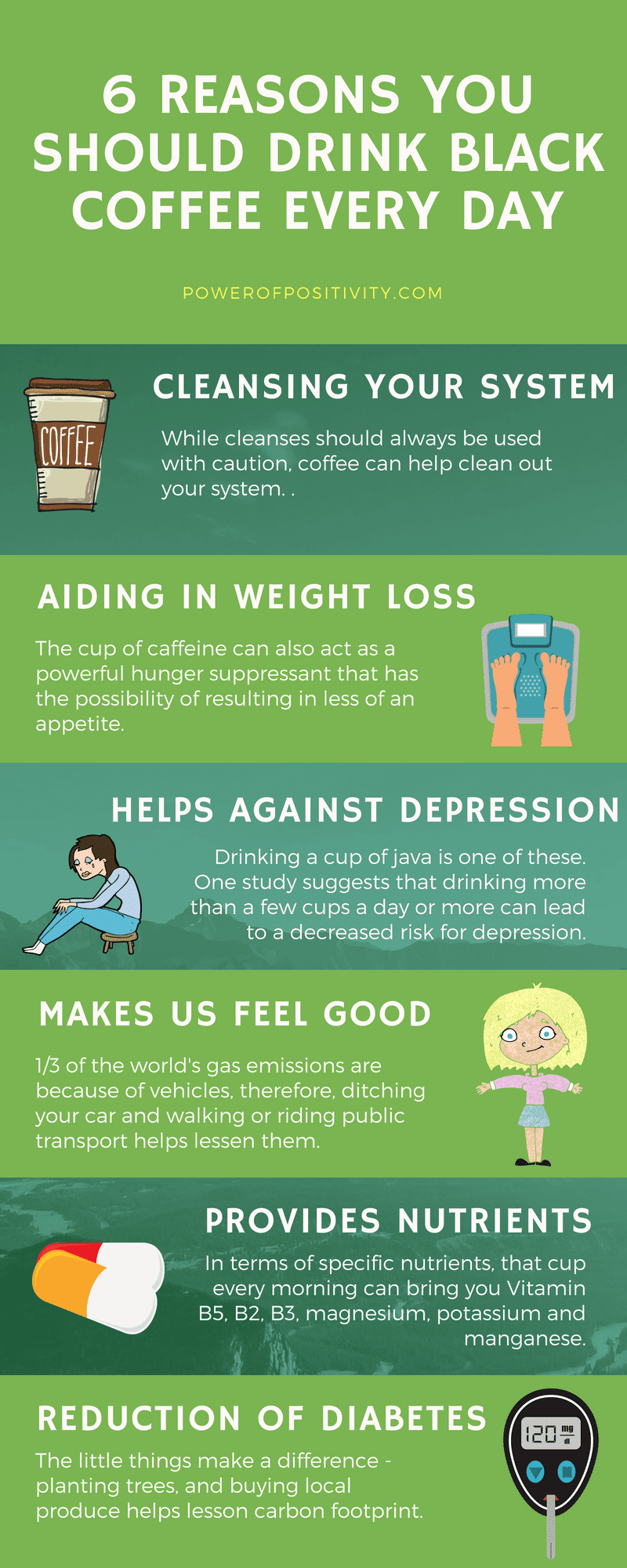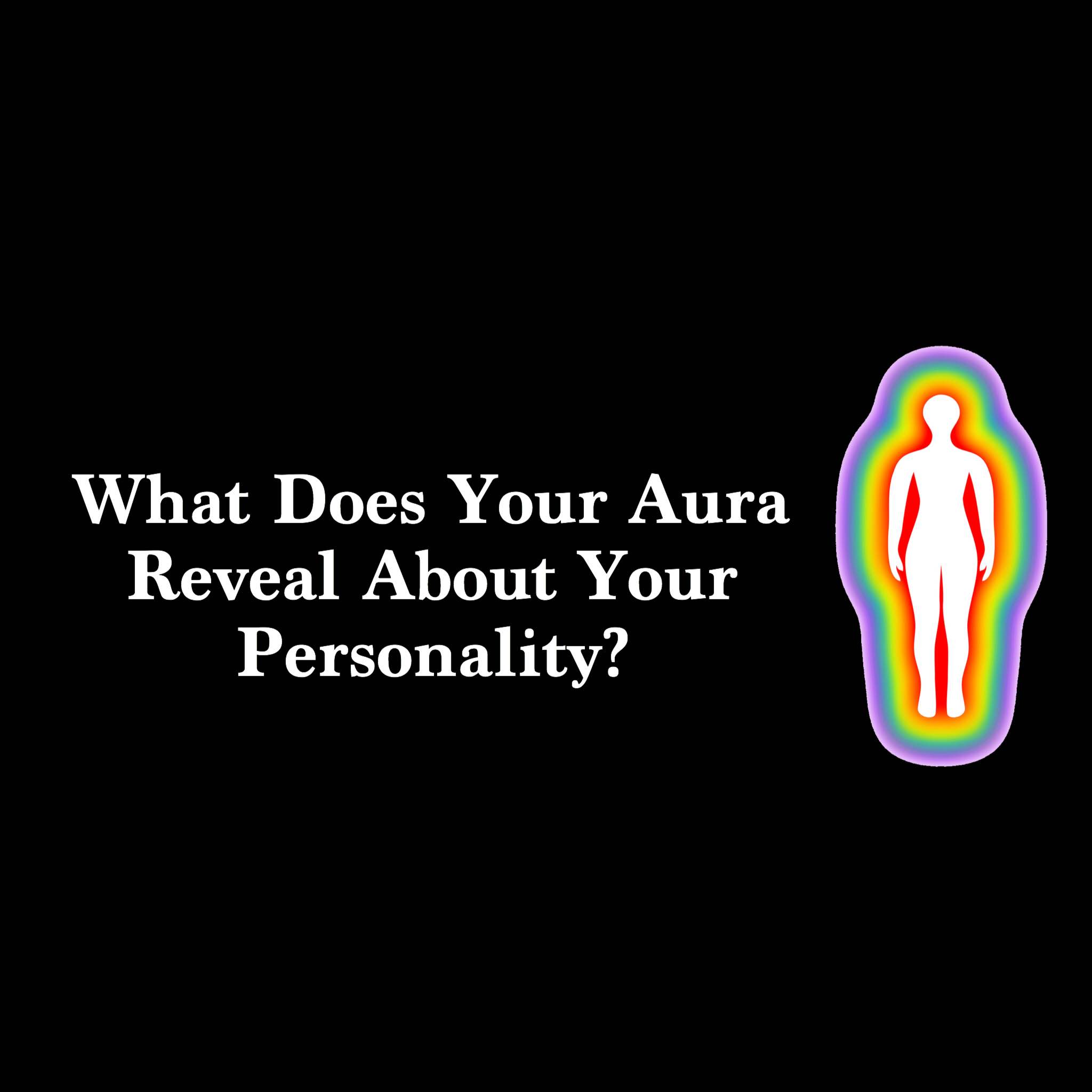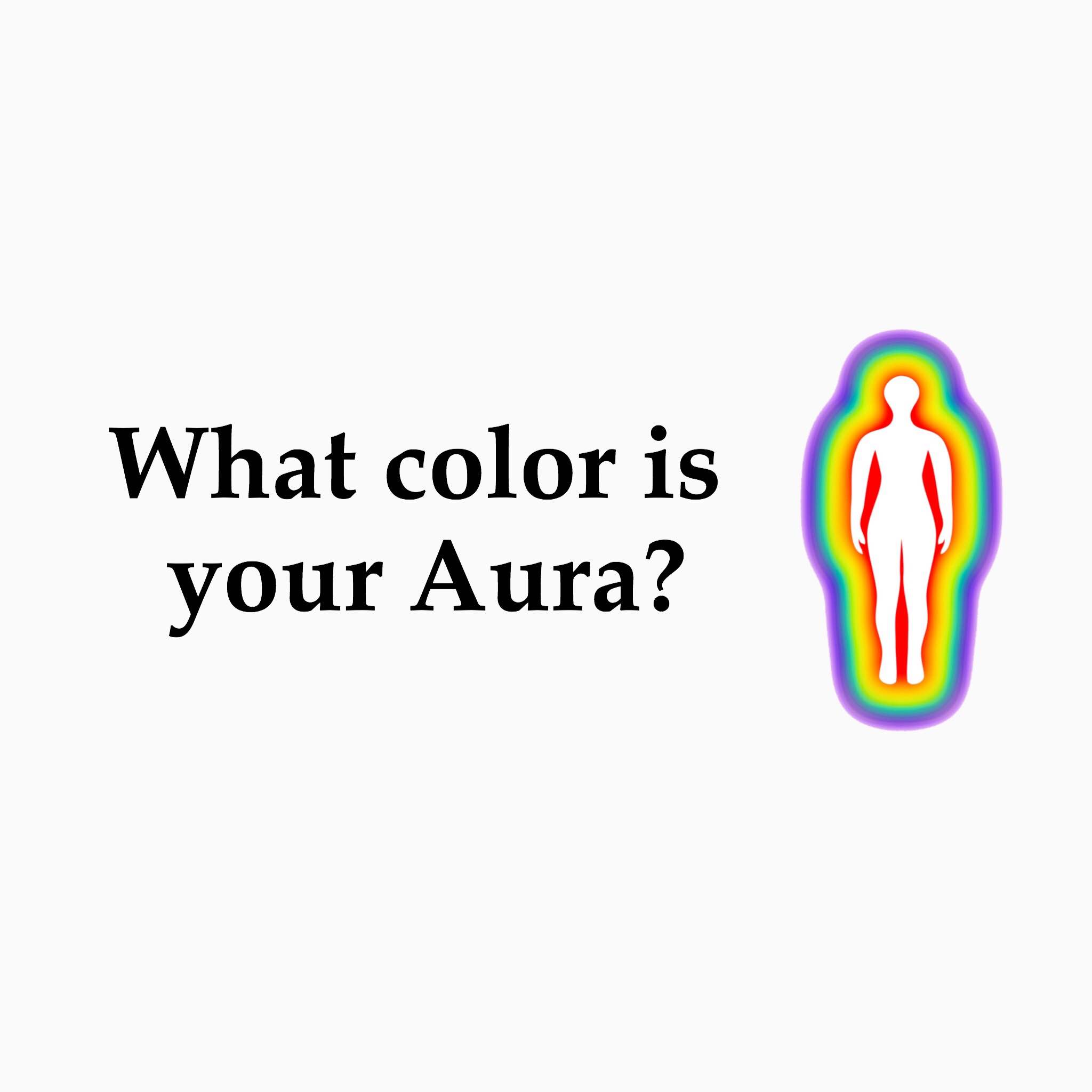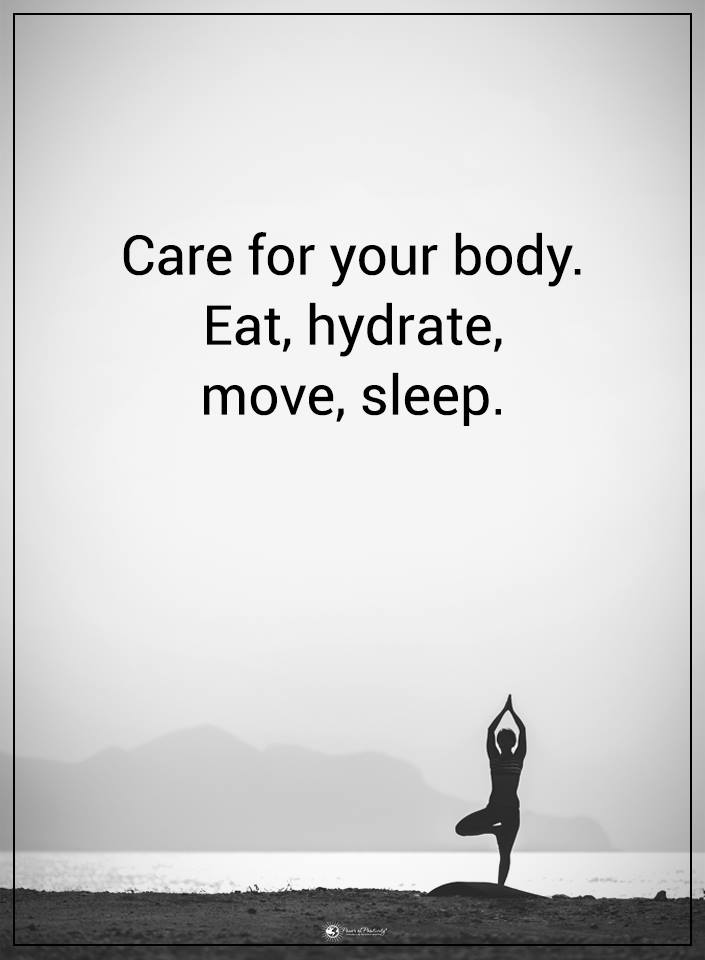Being young comes with a lot of perks. You probably don’t have a spouse, kids, and a full-blown career to worry about yet, so you have a lot of freedom to do things you really enjoy. You might regret some of those things later, but part of living is just letting the wind carry you, not worrying about the next step or the consequences of your decisions.
While people will inevitably have different ideas of how they should spend their youth, the suggestions on this list might strike a chord in many of your hearts. We’ve all heard the cliche things to do before you turn 30, like traveling around the world solo or taking art classes or learning a new language, but these might just surprise you.
Here are 7 things you need to try while you’re still young:
1. Travel for free.
Most young people have a hard time finding the extra cash to spend on plane tickets, food, accommodations, and all the expenses that come along with travel, but what if you could travel for free? Luckily, an organization called WWOOF makes this possible for anyone willing to put in some work on a farm in exchange for food and a place to lay your head at night. You also get the chance to learn about organic farming, and volunteer for a good cause. Of course, if you want to volunteer in a foreign country, you will still have to pay for airfare, but at least food and lodging will be covered!
2. Play around with your look.
Not to say that older people can’t experiment with their style, but young people seem to have less of a need or desire to identify with a certain look or identity. When you’re young, getting piercings and dyeing your hair blue just seem more appealing than when you get older, so why not give it a go? Not only will this help you find out more about yourself and boost your self-confidence, but changing up your look will encourage you to look at yourself from a totally new perspective.
3. Take different jobs while still young.
Trying out different occupations can help you learn how to connect with a variety of people, plus, you get to test your skills in new environments. Staying in just one field can get pretty dull after a while, so why not spice things up and take a job as a flight attendant, or a tour guide, or maybe a bartender? This will allow you to see the world through different lenses, and will make you a more diverse, interesting person overall.
4. Learn how to enjoy your own company.
Most people have no idea how to spend time alone. They get anxious, bored, or lonely in solitude, and usually distract themselves with TV, video games, or shopping to pass the time. However, in your youth, you may have more time to yourself, which gives you more opportunities to learn how to love yourself, and actually look forward to alone time. Meditation and solo travel are great methods of getting better acquainted with yourself, which will help you in all aspects of life. Loving and understanding yourself are essential tools for not just surviving, but thriving, in this world, so take advantage of your youth and dive into the wonders of your own being.
5. Learn how to love your body while you are young.
Even the most fit people can have insecurities about their bodies – our outer appearance is the first thing people notice about us, so naturally, we can get a little critical of ourselves sometimes. However, part of loving yourself is learning to appreciate everything about your body; after all, it allows you to move around, pick things up, enjoy outdoor activities, and so much more. Our bodies are incredible machines, so we should treat them as such.
To feel comfortable in your skin, try checking out a nudist or clothing-optional beach sometime. Not only will the sunshine and water feel great on your skin, but you will get the chance to meet other people who love themselves enough to show off their bodies and feel confident about themselves. Most people at nude beaches just want to experience feeling totally liberated, so it’s a great opportunity to release old fears and thinking patterns.
6. Experiment with new foods.
Most older people have certain foods they enjoy, and tend to shy away from anything too adventurous. However, in your youth, you might have more of an open mind, which means that you can go to town with food adventures. Even if you hate certain foods, at least you can say you’ve tried them.
7. Get up on stage.
A surprising number of people have stage fright – even seasoned performers experience this occasionally. However, getting up on a stage and performing, whether you sing, dance, act, or play an instrument, can really help you gain self-confidence and even uncover your true passion in life.
Plus, if you can perform in front of hundreds or thousands of people, you can do pretty much anything. And nothing feels better than invincibility.
Have you ever done, or still need to do any of these things? Share with us in the comments!









